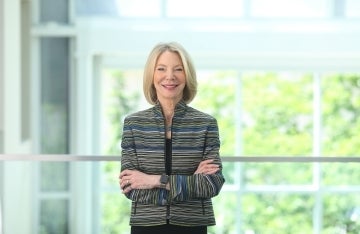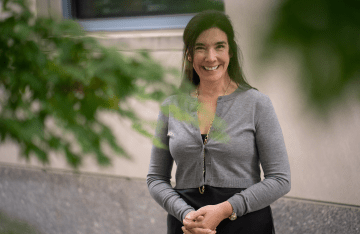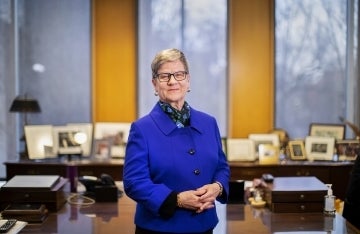Annenberg Answers: Understanding AI Actress Tilly Norwood’s Arrival
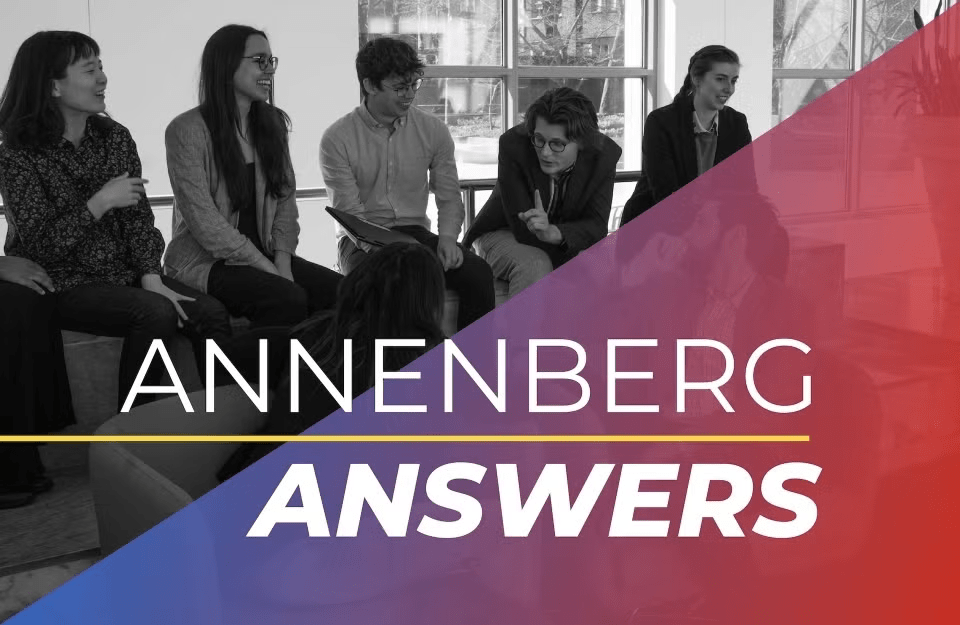
Tilly Norwood, the “AI actress” recently making headlines, has sparked debate in the media industry about the future of AI in filmmaking. Annenberg experts weigh in on what Norwood represents for creativity, ethics, and the evolving relationship between technology and performance.
Arelí Rocha is a doctoral student at the Annenberg School whose research explores technological and discursive constructions of reality and personhood, with particular interest in the multimodal semiotic signs influencing ideas, representations, and interactions with non-human entities.
“The Tilly Norwood phenomenon, like any other text, operates at different registers,” Rocha said. “One has to do with voicing, is Tilly Norwood a generative AI or will it always follow script? Another layer is that the announcement by Particle6 came days before the release of OpenAI’s Sora2. With the release of the latter, it would seem unnecessary to sign one AI character through something like Xicocia when generating AI characters visually indistinguishable from humans has just become much more accessible, reframing the Tilly Norwood case.”
“This opens up a set of different questions for the potential of such character generation, embodiment, and the likenesses of everyday people beyond what Particle6 is trying to achieve,” Rocha continued.
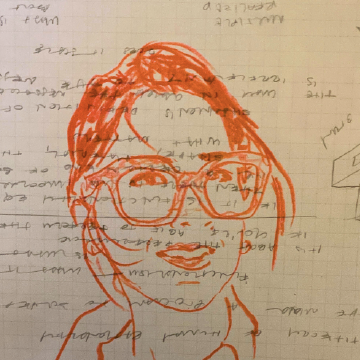
"If the fear is one around how humans will survive a mixed landscape of the ‘real’ and the ‘unreal’ or the ‘human’ and the ‘nonhuman’ I would argue that the boundaries are porous and that navigating such landscapes is a staple of the human experience.”
Sophie Maddocks, Research & Outreach Director at Center for Media at Risk, is a researcher, teacher and digital rights advocate. Her research focuses on image-based abuse, gender-based trolling and cyber-sexual violence.
“We live in a society where women’s non-consent is fetishized. We see this in the framing of Tilly Norwood,” said Maddocks. “The ‘AI actor’s’ creator, Particle 6 TV, describes it as ‘always ready to perform.’ In their promotional video, a joke is made about consent: ‘the only bit it struggled with was consent in romantic scenes, we just ignored that.’ A Free Press headline stated: ‘if you wish to see a virgin on-screen, this is one of your better chances.’
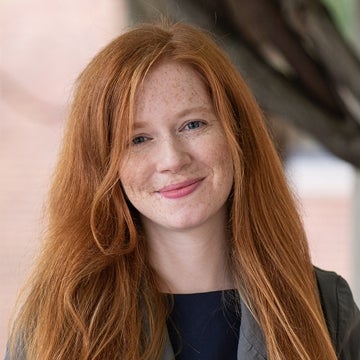
"This ‘AI Actor’ is being sold as a woman that cannot consent and is ‘ready to perform’ anything for anyone. It is a woman with no agency.”
“The tech industry and the entertainment industry are both shaped by a ‘consumptive’ model of women’s sexuality,” Maddocks continued. “Against this backdrop, when AI-facilitated technologies emerge — regardless of the intentions of their creators — they often perpetuate women’s sexuality as a product to be consumed. Look at the rise of ‘deepfake porn’ in 2017. Two years after ‘deepfakes’ went viral, 96% were pornographic and 100% featured women.”
“New developments in AI are being used in ways that consolidate rape culture. New technologies offer new ways to ‘do anything’ to a woman. This is not a digital problem — it also leads to physical harm.”

